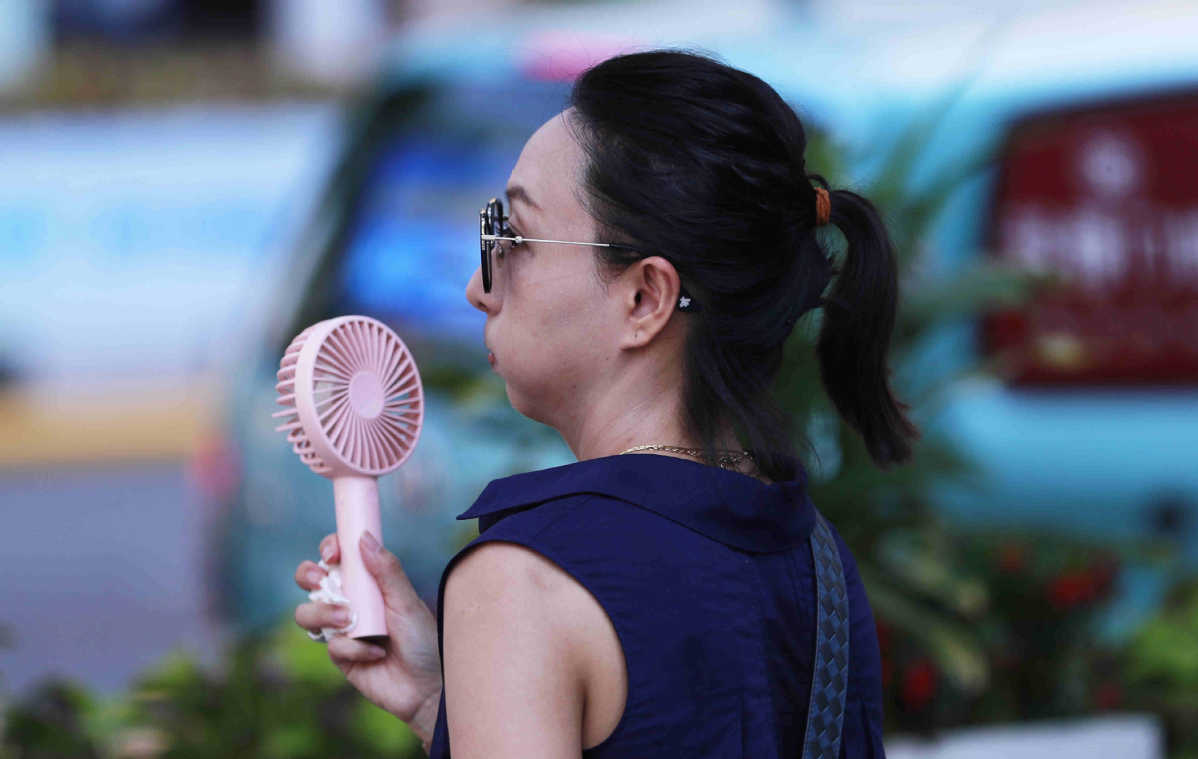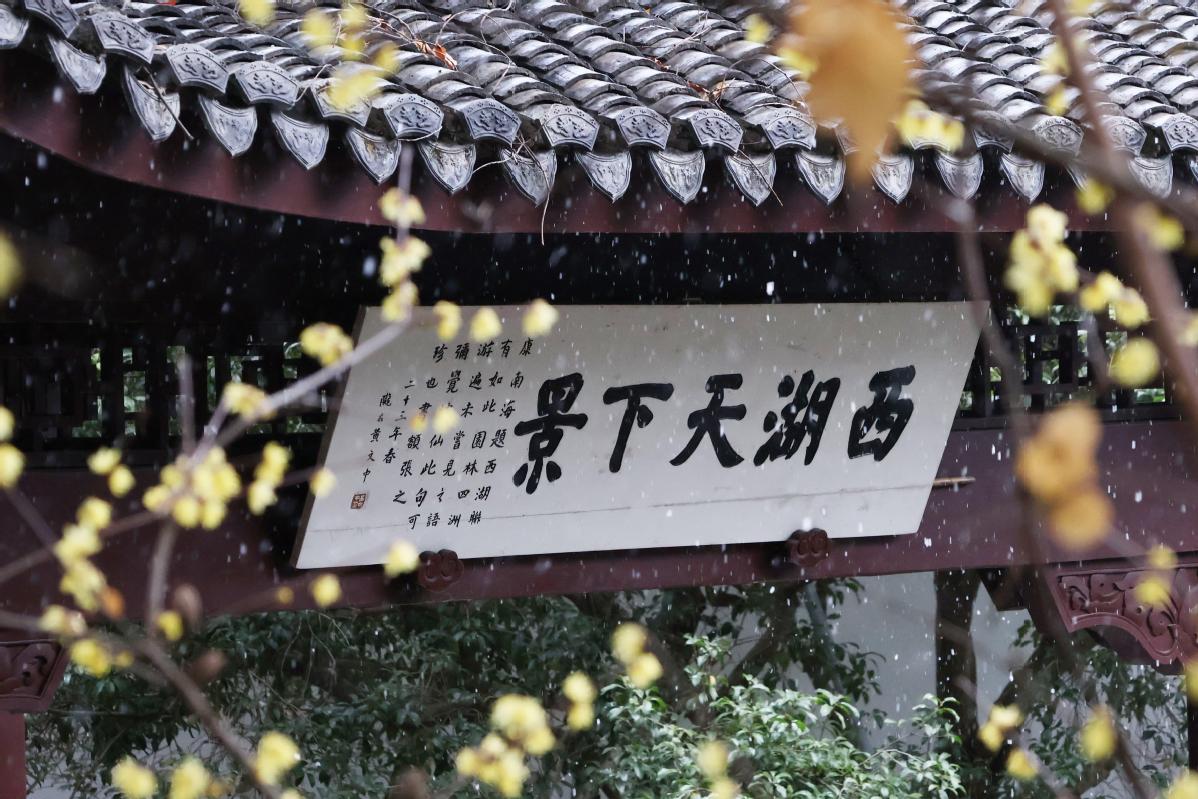Increase of summer length mainly attributed to anthropogenic forcing


BEIJING -- Chinese researchers have studied the external forces on the increase of summer length and discovered that it was mainly attributed to human activities.
The researchers from the Chinese Academy of Sciences detected and analyzed the external forcing factors affecting the summer length in the Northern Hemisphere between 1961 and 2014.
They found that the summer length increased by 15.06 days in 2000-2014 relative to 1961-1975, according to their recent research article published in the journal Climate Dynamics.
From the decadal change trend, the change in summer length was mainly affected by greenhouse gas, aerosol, and natural forcing in the 1960s. After the 1970s, greenhouse gas forcing then gradually became the dominant factor.
The increase in summer length can be largely attributed to anthropogenic forcing, while natural forcing has little contribution, said the research article. The greenhouse gas forcing was the dominant anthropogenic factor and caused an approximate 15-day increase in the summer length.
- Mainland denounces Taiwan-US trade deal as 'sellout pact'
- Beijing becomes China's second 5-trillion-yuan economy in 2025
- Strengthening trade bonds benefits people across Taiwan Strait: spokesperson
- Chinese researchers develop eye surgery robot
- High-speed train staff members in Beijing busy preparing for Spring Festival travel rush
- Mainland says DPP's so-called trade deal with US sells out Taiwan's interests





































